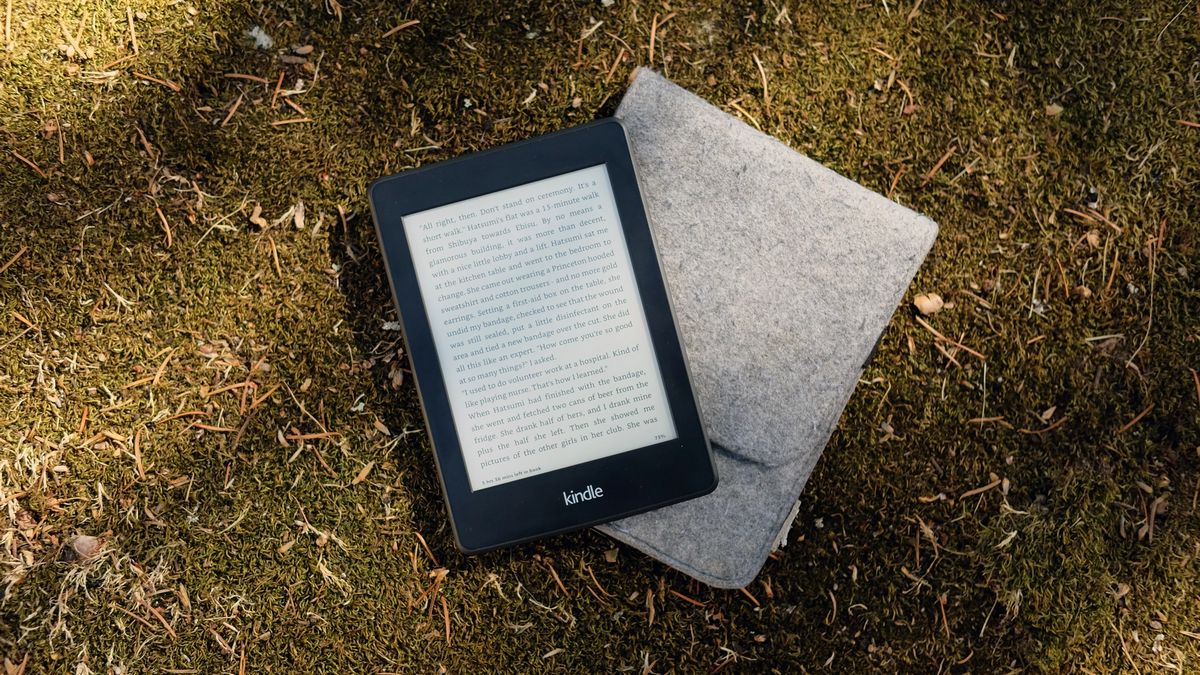
The e-reader battle continues: Amazon infiltrates bookstores
I was one of the early ones to switch sides and invest in a Kindle. I had the Kindle Keyboard for years, until the screen recently stopped showing nicely formed letters and started showing lines instead. I loved my Kindle so much that my most recent Valentine’s gift was a brand new Kindle Fire. It has become one of my most used gadgets, along with my smartphone and my laptop.
I love my new Kindle, despite it not having nearly as much battery life as my old faithful Keyboard, it’s definitely nicer to use, and has other functions that I use regularly and wouldn’t know now how to live without.
My favourite being the touch screen and automatic dictionary definition search. I’m reading a book, and stumble across a word I’m not familiar with. Previously, I would either whip out my phone and spent a minute searching it on there, or just make a reasonable guess from its context. Neither of these options really satisfied my thirst for quick, easy bursts of knowledge.
Now, I simply touch and hold the word I want to look up and a definition summary pops up on screen. Five seconds later, I’ve learnt a new word and I carry on reading knowing that I’m gaining a little from the whole experience. Brilliant.
I’ve been converted well-and-truly. I still prefer real paper books for certain things. Kids books don’t work as well on an e-reader in my opinion, and reference books, and books about art and design with a lot of images. I still have a small bookcase that houses these glorious items and I won’t ever give these up.
But for a regular novel, I have never looked back.
I have read some absolutely wonderful books, all stored safely on my Amazon account, taking up the space of less than one book and each one costing less too. From a consumer’s perspective, what is not to love?
At the same time, I would hate to see bookshops disappear altogether. More and more people are now adopting e-readers, and a quick Google search for “how many people own an ereader” returns some interesting research showing how massively they have taken off.
The most recent development is a move by Amazon to try and get independent bookshops to sell Kindles by offering them a small cut of e-book sales after the sale of the e-reader. I can only see how this will benefit Amazon, furthering their reach but hindering the other parties more, and that is the general consensus among high-street booksellers. What is to stop the customer going directly to Amazon?
The war between high-street and online rages on.
I don’t even know which side I am on. Can I chose both?

